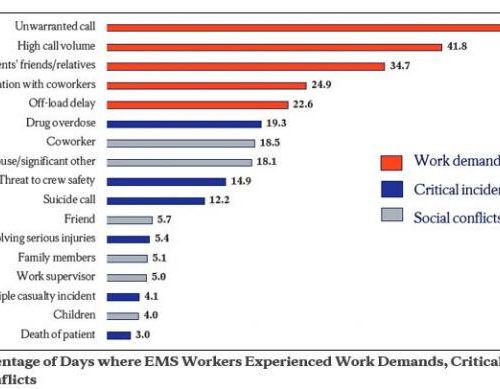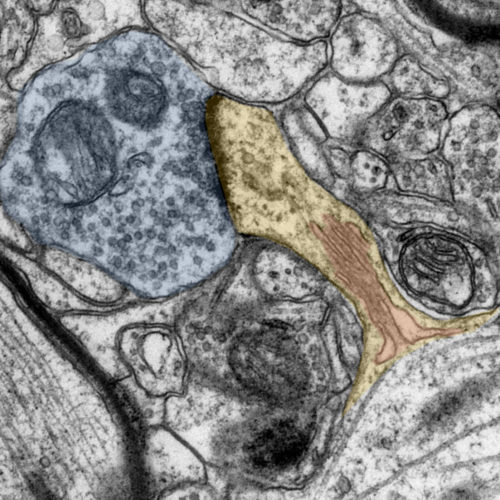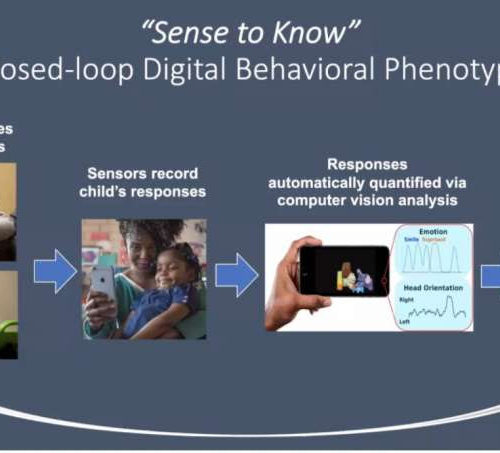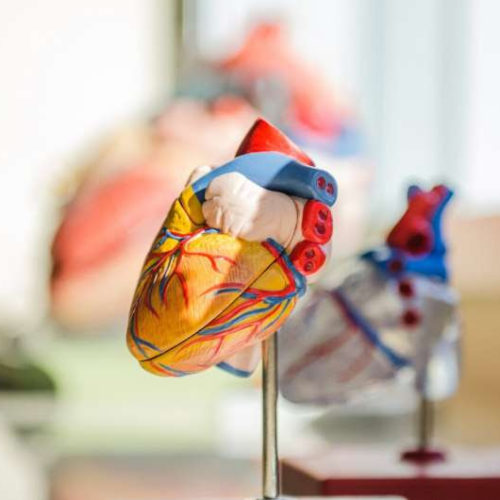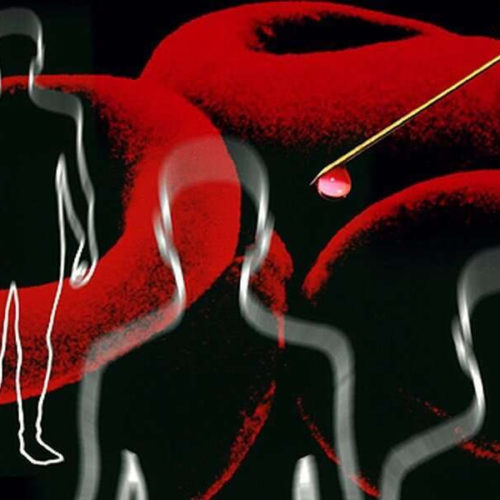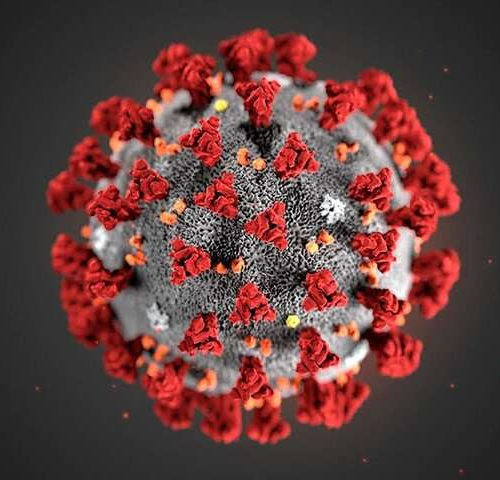SYRACUSE UNIVERSITY IMAGE: DATA SOURCE: ESTIMATES ARE THE PUBLISHED STUDY. DATA WERE COLLECTED IN 2019. CREDIT: SYRACUSE UNIVERSITY LERNER CENTER FOR PUBLIC HEALTH PROMOTION. Syracuse, N.Y. – Emergency medical service (EMS) workers face triple the risk for significant mental health problems such as depression and posttraumatic stress disorder compared to the general population, according to...
Vitamin A for nerve cells
UNIVERSITY OF FREIBURG IMAGE: USING ELECTRON MICROSCOPY IMAGES, THE RESEARCHERS VISUALIZE THE DENDRITIC SPINES (YELLOW) WITH THEIR SPINE APPARATUS (RED) AND THE SYNAPSE TERMINAL BUTTONS (BLUE). CREDIT: SOURCE: ANDREAS VLACHOS Neuroscientists agree that a person’s brain is constantly changing, rewiring itself and adapting to environmental stimuli. This is how humans learn new things and create...
Research reveals why redheads may have different pain thresholds
by Noah Brown, Massachusetts General Hospital Credit: Pixabay/CC0 Public Domain New research led by investigators at Massachusetts General Hospital (MGH) provides insights on why people with red hair exhibit altered sensitivity to certain kinds of pain. The findings are published in Science Advances. In people with red hair (as in numerous other species of animals with red fur), the...
Using data science for early detection of autism
by Anna Gotskind, Duke University School of Nursing Credit: Duke University Autism spectrum disorder can be detected as early as six to twelve months old and the American Academy of Pediatrics recommends all children be screened between twelve and eighteen months of age. But most diagnoses happen after the age of 4, and later detection makes...
Achieving biomarker-based treatment target goals implies good prognosis for obese heart patients
by Adam Pope, University of Alabama at Birmingham Credit: Unsplash/CC0 Public Domain In a recent study published in the Journal of the American Heart Association by University of Alabama at Birmingham researchers, findings indicate that among patients with heart failure, obesity is associated with a higher risk of heart failure hospitalization or death due to cardiac causes. However,...
New CAR T approach minimizes resistance, helps avoid relapse in non-Hodgkin’s B-cell lymphoma
UNIVERSITY OF CALIFORNIA – LOS ANGELES HEALTH SCIENCES LOS ANGELES — Early results from a new, pioneering chimeric antigen receptor (CAR) T cell immunotherapy trial led by researchers at the UCLA Jonsson Comprehensive Cancer Center found using a bilateral attack instead of the conventional single-target approach helps minimizes treatment resistance, resulting in long-lasting remission for people with...
Personalized cancer vaccine is safe, shows potential benefit against cancer
THE MOUNT SINAI HOSPITAL / MOUNT SINAI SCHOOL OF MEDICINE New York, NY (April 10, 2021) – A personalized cancer vaccine developed with the help of a Mount Sinai computational platform raised no safety concerns and showed potential benefit in patients with different cancers, including lung and bladder, that have a high risk of recurrence,...
Scientists find clues to why AstraZeneca’s vaccine may cause clots
by Dennis Thompson Healthday Reporter (HealthDay)—Doctors might have figured out why AstraZeneca’s COVID-19 vaccine may cause life-threatening blood clots in very rare cases. The discovery, made in a pair of reports published online Friday in the New England Journal of Medicine, could be key to the global rollout of the AstraZeneca vaccine, helping develop effective treatments...
Brain disease transmitted by tick bites may be treatable
ROCKEFELLER UNIVERSITY IMAGE: THE CASTOR BEAN TICK, WHICH IS PREVALENT THROUGHOUT EUROPE, CAN CAUSE BOTH LYME DISEASE AND TICK-BORNE ENCEPHALITIS. CREDIT: LABORATORY OF MOLECULAR IMMUNOLOGY AT THE ROCKEFELLER UNIVERSITY Tick-borne encephalitis is a disease just as nasty as it sounds. Once bitten by an infected tick, some people develop flu-like symptoms that resolve quietly but leave...
Possible ‘missing link’ detected in COVID-19 patients
by Kathy Keatley Garvey, UC Davis COVID-19 image from Centers for Disease Control and Prevention (CDC). A newly published UC Davis research paper pinpoints what could be “the missing link” in why some COVID-19 patients recover and some don’t. A blood plasma biomarker discovered in hospitalized COVID-19 patients may not only predict the severity of adult respiratory distress...

